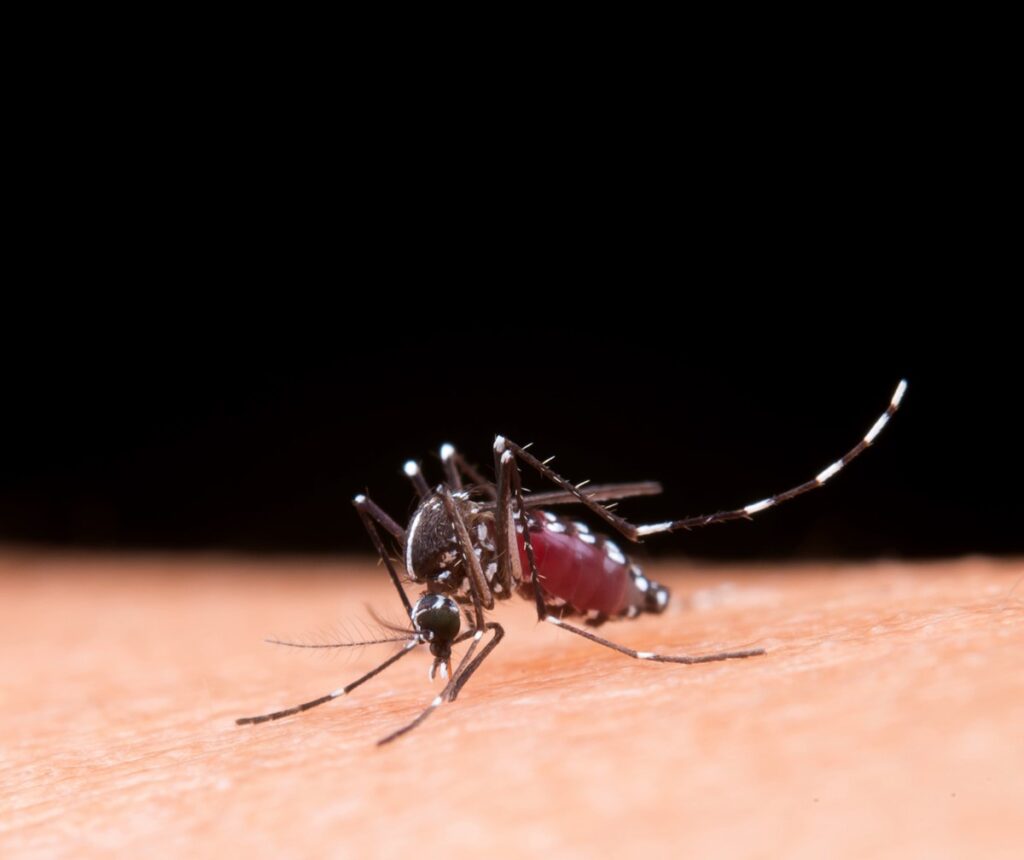Malaria is a serious and potentially life-threatening disease caused by a parasite transmitted through mosquito bites. If you live in or plan to travel to a malaria-endemic area, it is crucial to understand the disease, its symptoms, prevention strategies, and available treatment options. This article aims to provide patients with comprehensive information about malaria, empowering them to protect themselves and seek appropriate care if needed.
Understanding Malaria: Malaria is caused by the Plasmodium parasite, which is transmitted to humans through the bites of infected female Anopheles mosquitoes. Once inside the body, the parasite multiplies in the liver before infecting red blood cells. This leads to recurring cycles of symptoms, including fever, chills, headache, muscle aches, and fatigue. It is essential to recognize these signs and seek medical attention promptly.
Prevention Strategies: Prevention is crucial to avoid contracting malaria. If you live in or plan to travel to an area with a high risk of malaria, consider the following preventive measures:
- Use bed nets: Sleep under insecticide-treated bed nets to protect yourself from mosquito bites while you rest.
- Wear protective clothing: Cover your body with long-sleeved shirts, long pants, and socks to reduce mosquito exposure, especially during peak biting times at dawn and dusk.
- Apply insect repellents: Use insect repellents containing DEET, picaridin, or other recommended ingredients on exposed skin to repel mosquitoes.
- Stay in screened or air-conditioned accommodations: When possible, choose accommodations with screens on windows and doors or air-conditioned rooms to create a mosquito-free environment.
- Remove stagnant water: Mosquitoes breed in standing water, so eliminate or treat any stagnant water sources around your home or accommodation.
Diagnostic Process: If you experience symptoms of malaria, it is essential to seek medical attention for a proper diagnosis. Healthcare providers typically conduct a physical examination and ask about your medical history and recent travel to assess the likelihood of malaria. Diagnosis usually involves a blood test to confirm the presence of the malaria parasite.
Treatment Options: The treatment for malaria depends on the type of parasite causing the infection and the severity of the disease. Common antimalarial medications include chloroquine, artemisinin-based combination therapies (ACTs), and other drugs tailored to specific geographic regions and drug resistance patterns. It is crucial to complete the full course of treatment as prescribed by your healthcare provider to ensure complete recovery.
Follow-Up Care: After treatment, it is essential to attend follow-up appointments as recommended by your healthcare provider. These visits help ensure that the infection has been successfully treated and to monitor for any potential complications or relapses.
Travel Considerations: If you plan to travel to a malaria-endemic area, consult with a healthcare provider or travel medicine specialist well in advance. They can provide specific recommendations regarding antimalarial medications, preventive measures, and any additional vaccinations you may need.
Malaria is a serious disease, but with proper understanding and preventive measures, you can significantly reduce your risk of contracting it. Familiarize yourself with the symptoms, prevention strategies, and available treatment options. If you experience any symptoms or have concerns about malaria, seek medical attention promptly. By staying informed and taking proactive measures, you can protect yourself and enjoy a safe and healthy journey, whether at home or abroad.




